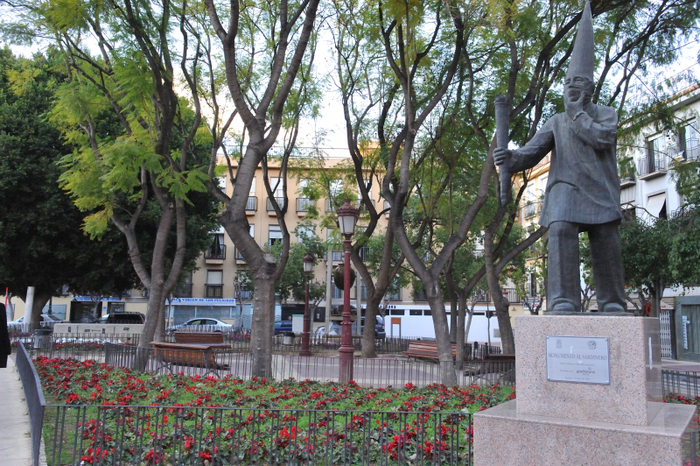

Guidelines for submitting articles to Santa Rosalia Today
Hello, and thank you for choosing Santa Rosalia.Today to publicise your organisation’s info or event.
Santa Rosalia Today is a website set up by Murcia Today specifically for residents of the urbanisation in Southwest Murcia, providing news and information on what’s happening in the local area, which is the largest English-speaking expat area in the Region of Murcia.
When submitting text to be included on Santa Rosalia Today, please abide by the following guidelines so we can upload your article as swiftly as possible:
Send an email to editor@spaintodayonline.com or contact@murciatoday.com
Attach the information in a Word Document or Google Doc
Include all relevant points, including:
Who is the organisation running the event?
Where is it happening?
When?
How much does it cost?
Is it necessary to book beforehand, or can people just show up on the day?
…but try not to exceed 300 words
Also attach a photo to illustrate your article, no more than 100kb

Plaza de Camachos, Murcia
A small green oasis close to the Hydraulic Museum on the southern bank of the River Segura
Crossing the Puente Viejo (or Puente de los Peligros) to the south bank of the River Segura in Murcia, the visitor moves out of the old centre where the Moors founded the city and into an area which did not become an important part of the regional capital until many centuries later. The first port of call for many is the Jardín de Floridablanca, around 150 metres from the river, but even before this on the left is a much smaller garden called the Plaza de Camachos, which is tucked in behind the Museo Hidráulico on the left and features two interesting monuments among the trees and flowerbeds.

The first of these is the Fuente de los Jarrones, a fountain which is decorated by two large water jugs or pitchers. When the lower of the two fills up with water it tilts forward and empties its contents back into the fountain, providing a relaxing rhythm for people sitting in the shade of the trees and whiling away the
Originally the idea of this fountain was for the higher pitcher to be filled up and pour water into the lower one, but this plan was eventually abandoned due to problems with the timing of the two moving pitchers.
The other main focal point in the park is the Monumento al Sardinero, a statue by Manuel Nicolás Almansa in honour of those who take part in the procession of the Entierro de la Sardina, which takes place on the Sunday after Easter in the city of Murcia.
The square was created between 1759 and 1769 by Martín Solera, whose design included four-storey buildings of uniform appearance around the area where bullfights were held in the mid-18th century. The style of these residential buildings calls to mind the Plazas Mayores of Madrid and Salamanca, although on a far smaller scale.
Originally the square was known as the Plaza del Barrio, and the owners of the apartments allowed neighbours to gather on the balconies for the “corridas” and other events: this continued until the bullfighting moved to San Agustín in 1849.
The name of the square was changed to pay homage to the 19th-century aristocrat Pedro Rosique, the Marqués de Camachos, and when Isabel II came to Murcia in 1862 to officially open the Murcia-Cartagena railway line an arch was built here (although there is now no evidence of this structure). Since then the square has also been used as a bus station and an open-air cinema, but is now a pleasant green area alongside one of the busiest thoroughfares in Murcia.
Click for map, Plaza de Camachos, Avenida Canalejas Murcia
